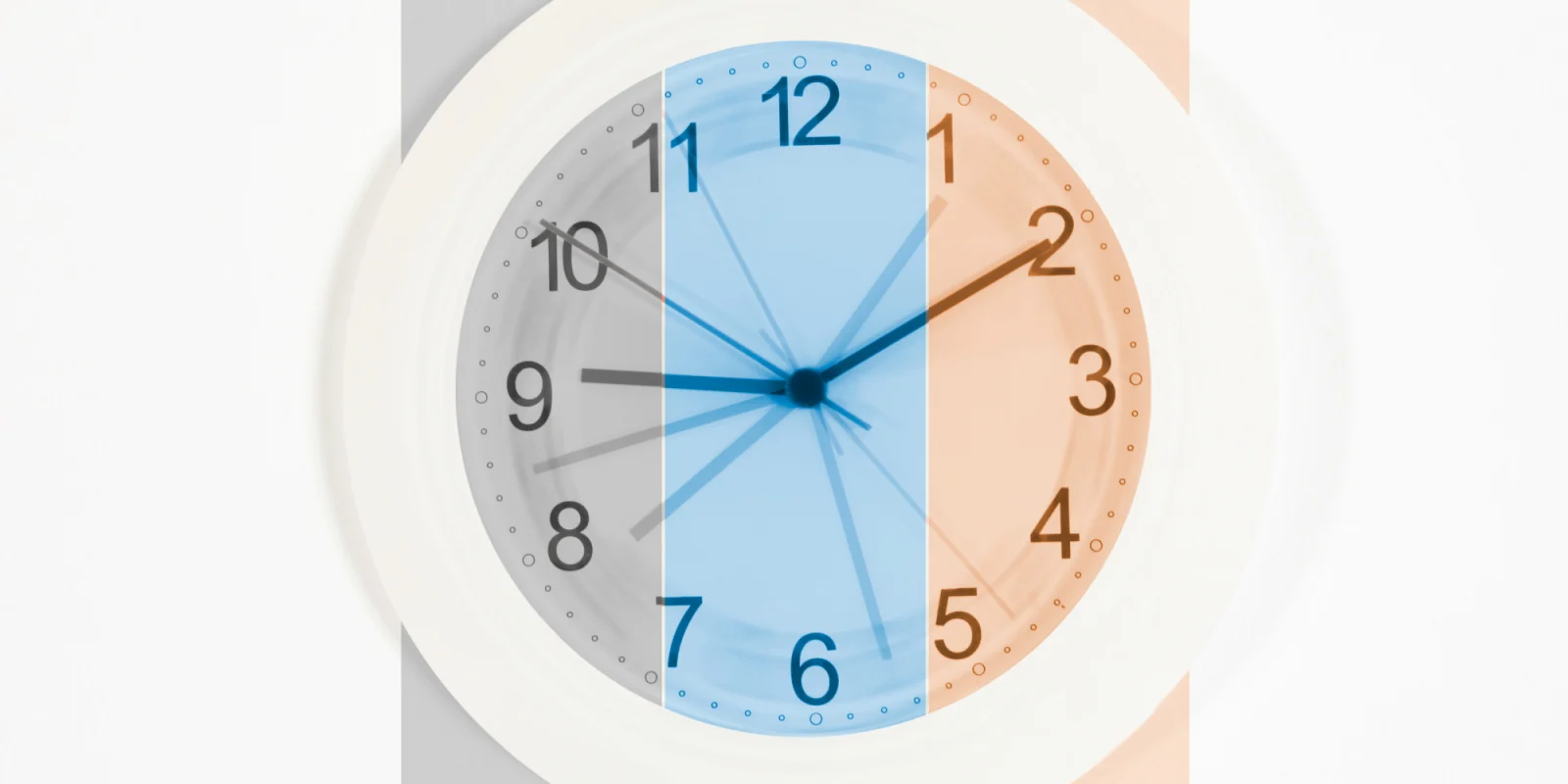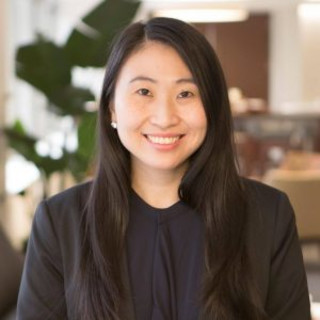
As new interns flood hospitals across the country, thousands will experience the transition from protected medical student to physician. Many will also be taking their first 24+ hour calls. At my medical school, students never took 24-hour call, so when I started internship as part of the intervention arm of the iCompare trial, I didn’t know what to expect. I heard horror stories of residents falling asleep at the wheel on their way home from a long call shift and wondered how these individuals were safe to care for patients. Having only ever pulled a single “all-nighter” in college to finish a senior design project - which required days to recover from - I didn’t think I’d be physically able to stay awake for the requisite call shifts, let alone care for patients.
My first 24-hour call was during the July 4th holiday weekend. Over the course of the shift, I could tell my mental capacity was precipitously declining with each passing hour. In the morning when we presented our admissions, my speech felt slow and garbled. Some of my patient plans felt inadequate and incomplete. Approximately 30 hours after I arrived, I drove out of the parking lot on autopilot. At home, I slept the entire day, woke up for a single meal, and went back to sleep to try to recover for a “normal” day of work the following day.
How could I describe this scene and still be a proponent of 24-hour call? Because as the year progressed, I saw important pieces of clinical information lost during handoffs that would later become vital to the patient’s care. Despite implementation of a handoff tool—iPASS—I remember having to dig through a patient’s chart for important details to ensure my orders were appropriate. When I was on a 24-hour shift, I was acutely aware of everything that had happened to the patient and could easily integrate this information into my plan. Shorter shifts didn’t allow enough time to learn about the patients adequately before handing them off again.
When the 16-hour cap on interns was in effect starting with the 2011 ACGME duty hour restrictions, which ended in 2017, senior residents were still taking 24-hour call. In fact, many senior residents had more work to do because of intern duty hour restrictions. Many attendings still take 24-hour call. Let’s consider another situation: what about new parents? Infants make their needs known at all hours of the day, for many days of the year. New parents essentially take 24-hour call, sometimes, for months at a time. Who is writing policies to protect new parents?
Long call shifts become problematic when they go beyond the 24 hours (the ACGME allows for four additional hours to complete sign out or additional documentation for a max of 28 hours), when there isn’t adequate time to rest between calls, or when they are happening too frequently. Additionally there is a pervasive culture in medicine of “going at it alone”; we aren’t taught to ask for help. It seems to be ingrained in medical training that asking for help equates to weakness. Well, it’s not a sign of weakness. It’s a sign of maturity and strength. Toward the middle of my intern year, I realized it made a huge difference to have my co-resident hold the pager for an hour in order to nap. After I rested, I’d return the favor. I also started to take advantage of the post-call cab services. And now that I’m in the OR (we also take 24-hour call), I know when I’m worried about nodding off in the middle of a case, it’s time to call someone to give me a break. It’s important for young physicians to learn to prioritize self-care and let go of the “independent” mentality. Health care is a team-based profession.
What are your thoughts on 24-hour call?
Amanda Xi, MD, MSE is currently a resident at Massachusetts General Hospital (MGH) in Boston, MA and upon graduation will be continuing at MGH as a critical care fellow. She is an active blogger at her self-titled website and also active on Twitter (@amandasxi), Facebook, Instagram (@amandaeleven), LinkedIn, and Doximity. She is also a 2018–2019 Doximity Author.







